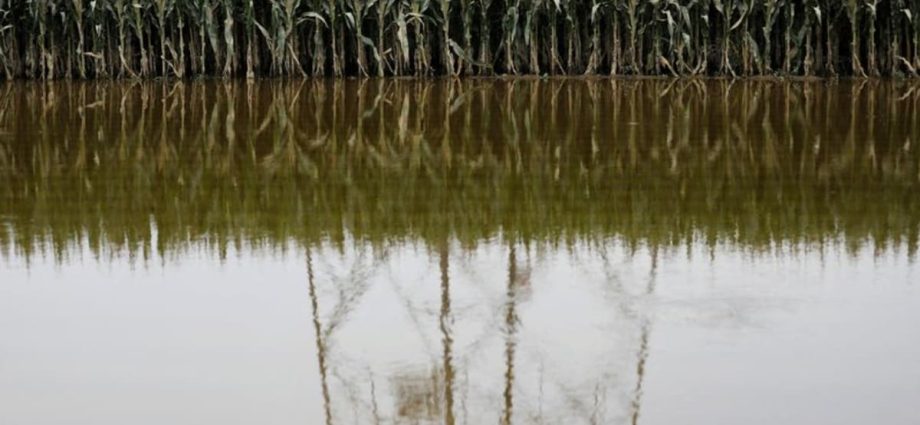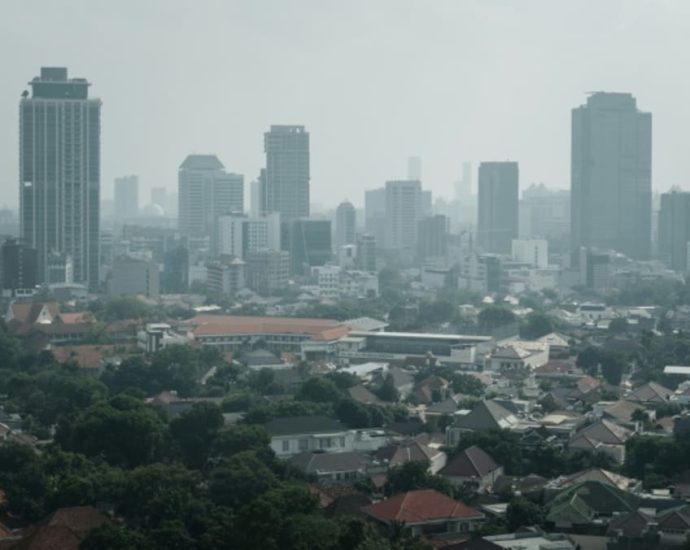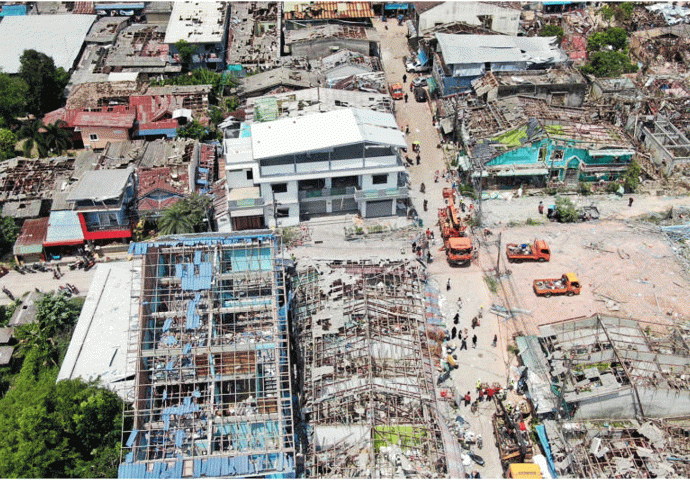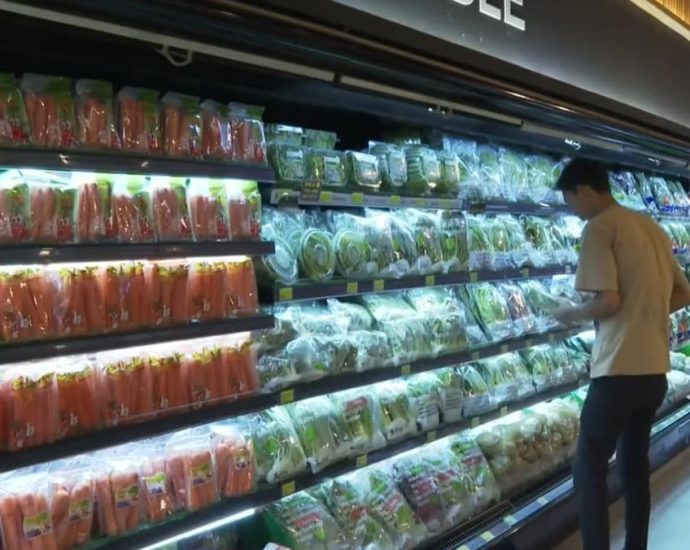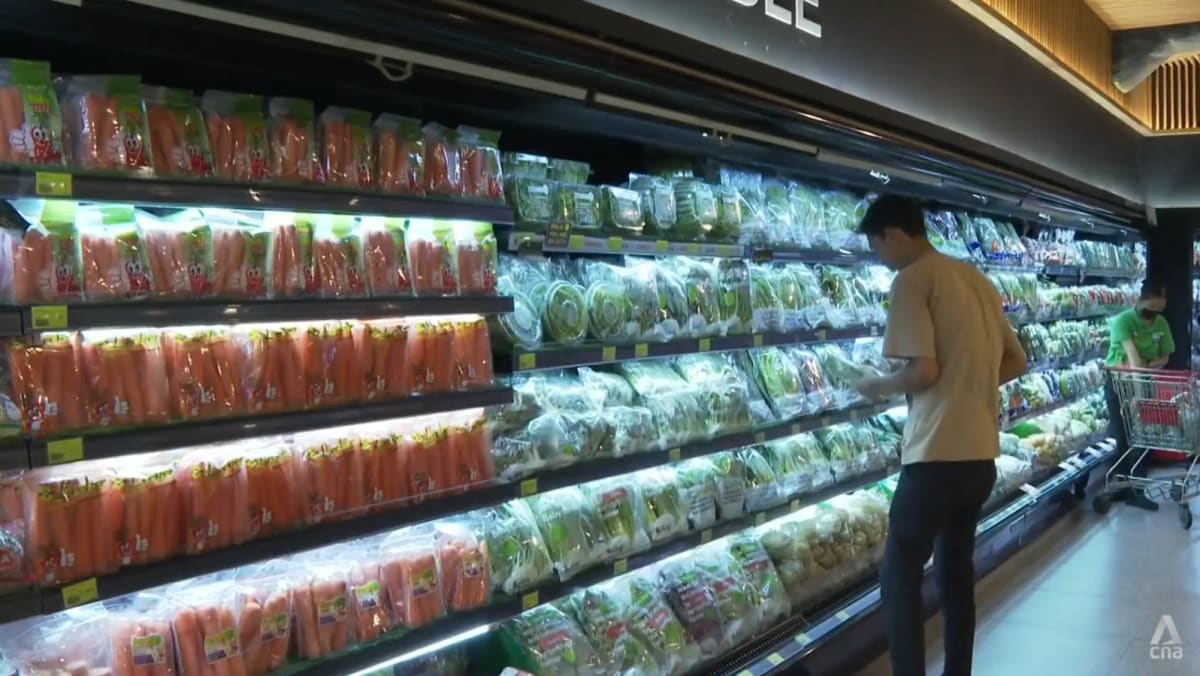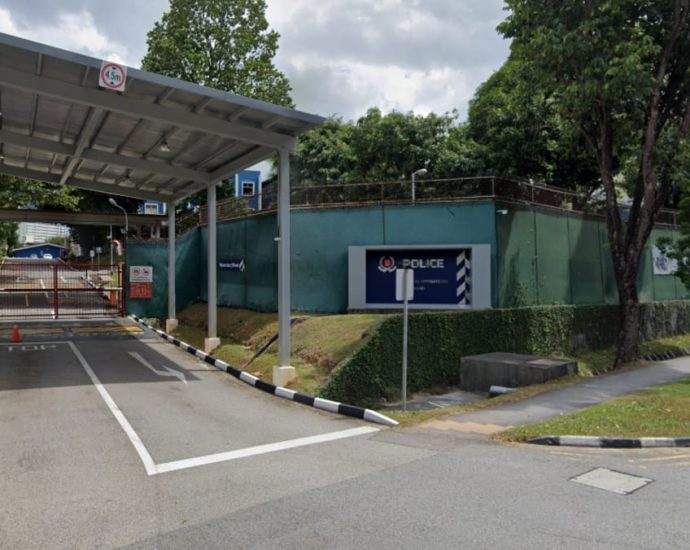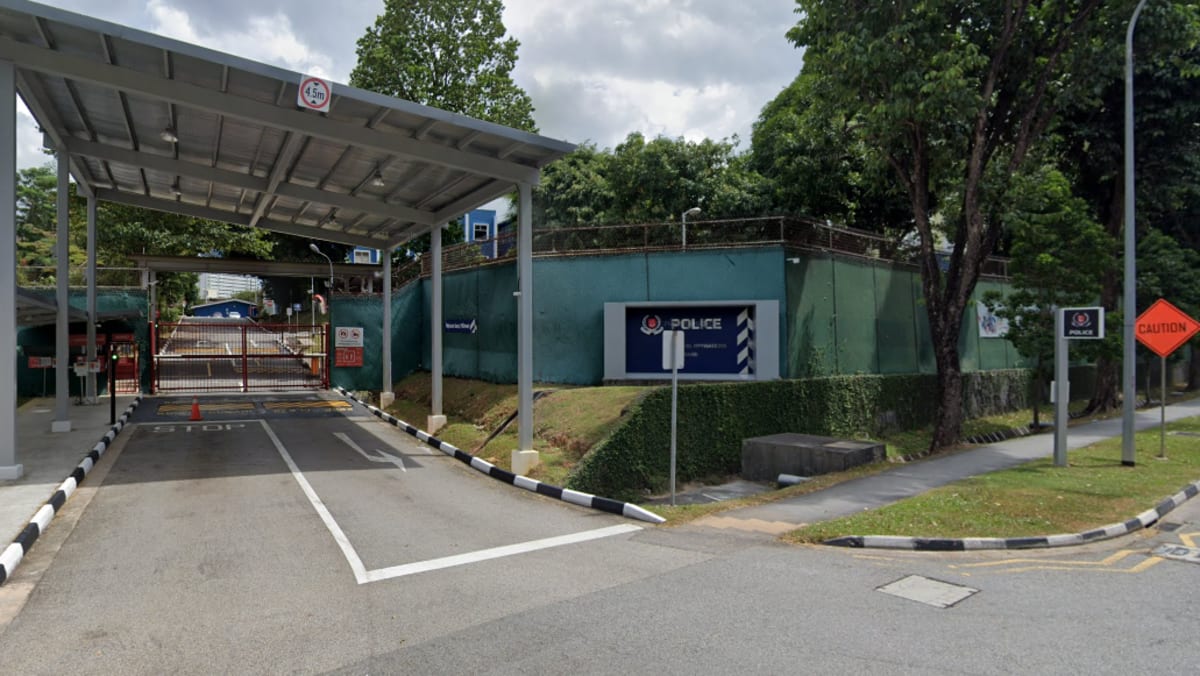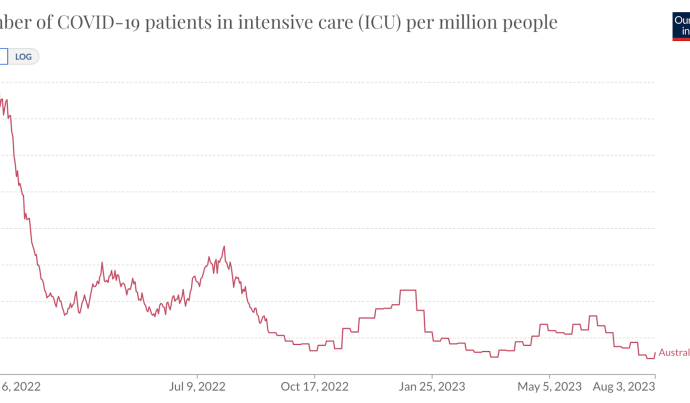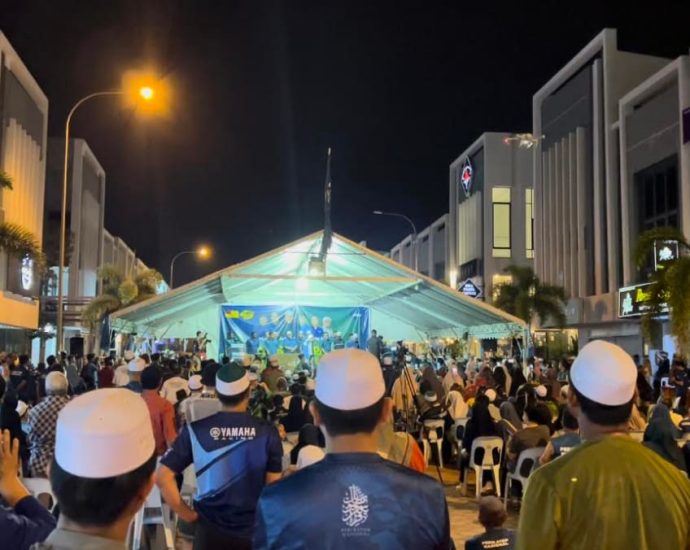China floods hit rice, corn crops; trigger food inflation worries
BEIJING: Floods have damaged corn and rice crops in China’s key northern grain-producing belt, traders and analysts said, with more rain in the forecast as another typhoon approaches, threatening to add to global food inflation pressures. The hit to China’s cereal crops – the full extent of which is notContinue Reading

